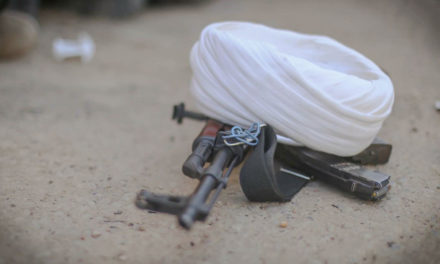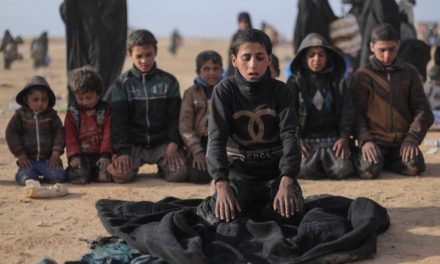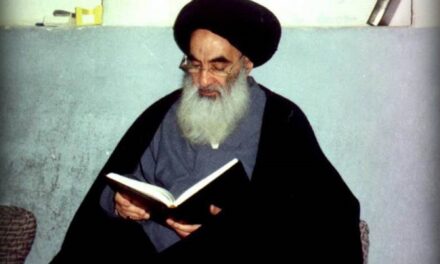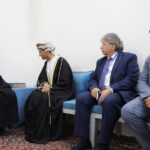After Iraq’s success in defeating Daesh, and following the declaration by Prime Minister Haider Al-Abadi that the country was now free of this terrorist organization, Iraq is mobilizing national, regional and international efforts to rebuild a damaged infrastructure, return internally displaced people to their homes, and make meaningful progress in achieving reconciliation amongst Iraq’s communities.
Iraqi officials are pinning their hope on the Kuwait Conference for the Reconstruction of Iraq, which is being held in Kuwait City between 12-14 February 2018. They regard this gathering of government officials, investors, global institutions, and international companies as a potential turning point for Iraq and its people.
Strategic Projects
The head of Iraq’s Investment Commission Dr. Sami Al-Araji revealed that Iraq will present a list of some 157 projects for which it is seeking private investments at the conference, which some 1,900 delegates representing foreign governments, private firms, and NGOs have registered to attend.
At the top of the list is a railway line 500 KM in length from Baghdad to Basra in the south, with an estimated cost of $13.7 billion. The second is a railway line from Baghdad to Mosul in the north of Iraq, with an estimated cost of $8.65 billion. The third ambitious scheme is building two metro mass transit systems in Baghdad and Basra.
The Kuwait conference is well attended, with more than 1850 international and local companies, and more than 70 regional and international organizations attending.
One of the most prominent countries taking part in the conference is the United States that will be represented by 1000 representatives from the private sector, Britain, France, Italy, Germany, Russia, Turkey, Sweden, Austria, the Netherlands, Canada, Australia, Japan, China, and Venezuela. Arab countries taking part are Saudi Arabia, Qatar, the Emirates, and Kuwait as a main contributor to the conference.
The Iraqi government has taken comprehensive steps in economic and financial reform. The financial discipline Iraq has shown comes at a time when it is aiming to transition from nonproductive operational spending to productive operational spending, which came as a result of a credit readiness program with the International Monetary Fund.
A Turing Point?
Here, an important issue that has the potential to shape a new reality for Iraqi is at hand: the promising investment opportunities in all governorates. The Iraqi government talks about putting a long-term strategy for reconstruction that covers 10 years, from 2018 till 2027. This plan aims to achieve development in three main areas: human resources, social development, and services. The second area is to achieve economic growth through implementing strategic projects in different sectors and reproaching crisis in a way that sees opportunities in them to achieve development. The third area is about rebuilding infrastructure.
Iraqi citizens who fenced off terror on behalf of the world hope that the conference will come out with developmental and investment recommendations that will enable them to their homes and live a dignified life once again. This is expected to happen, especially with the huge preparation by the Iraqi government in collaboration with Kuwait to ensure that the objectives of the conference are achieved and that the outcome will be eventually about reducing the suffering of the Iraqi people.
If Iraq grasps the opportunity presented by the Kuwait conference, it will be a leap forward in building a well-balanced economy that will deliver better living standards to the long-suffering people of Iraq.

Sadek Hassan
Sadek A. Hassan is an Iraqi journalist and researcher. He developed a number of research articles that deal with Middle East political economy and democratization.










